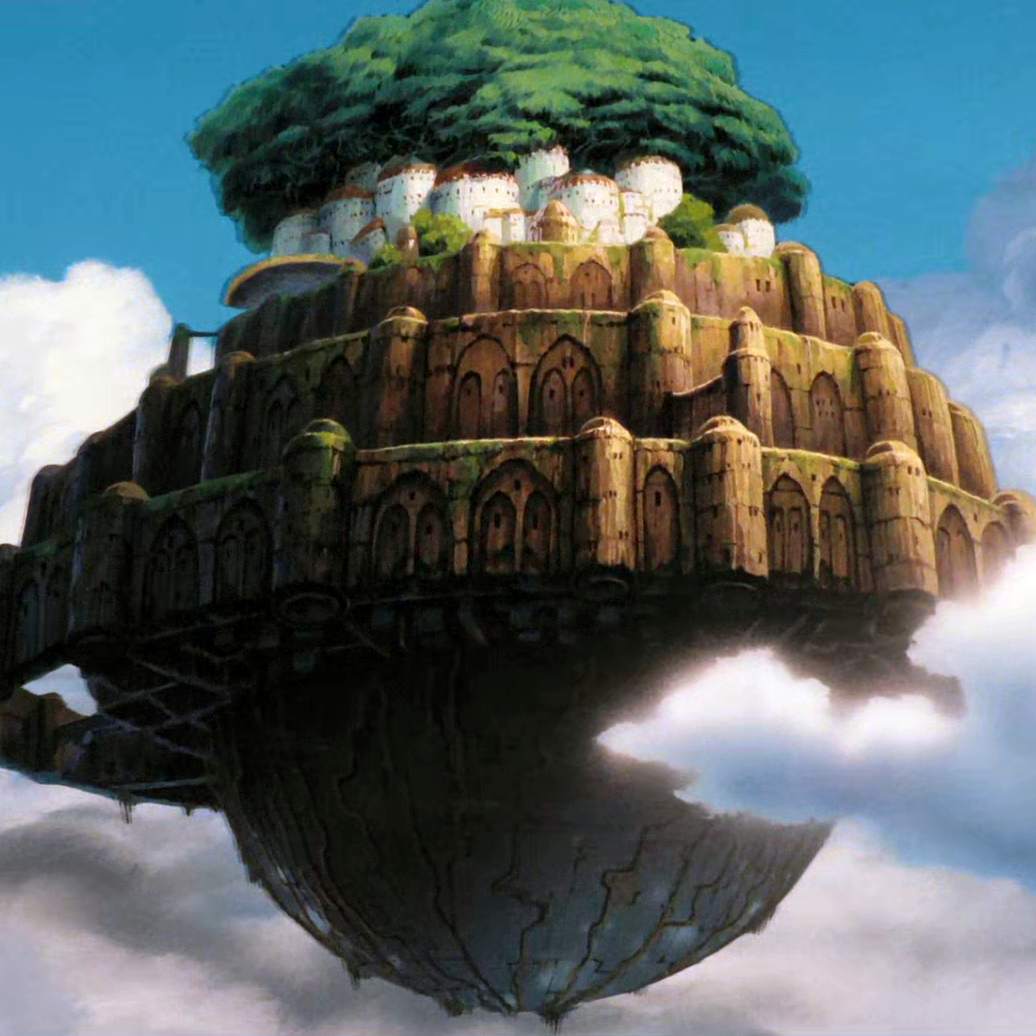ChaoticanWriter
 Scribe
Scribe
Salutations! ... I wrote this one a while ago, and realize going back to it that it makes some major assumptions about how people write stories with floating islands, and applying those to floating oceans as a concept. Brace yourselves! None of this is going to be scientific; its pure fluff.
But its fun!

 www.chaoticanwriter.com
www.chaoticanwriter.com
But its fun!

Floating Oceans (a Worldbuilding Brainstorm Based on Floating Islands)
Today, I explore a thought experiment in worldbuilding, using the concept of floating island to justify floating oceans. Come explore with me!

 Myth Weaver
Myth Weaver
 Troubadour
Troubadour